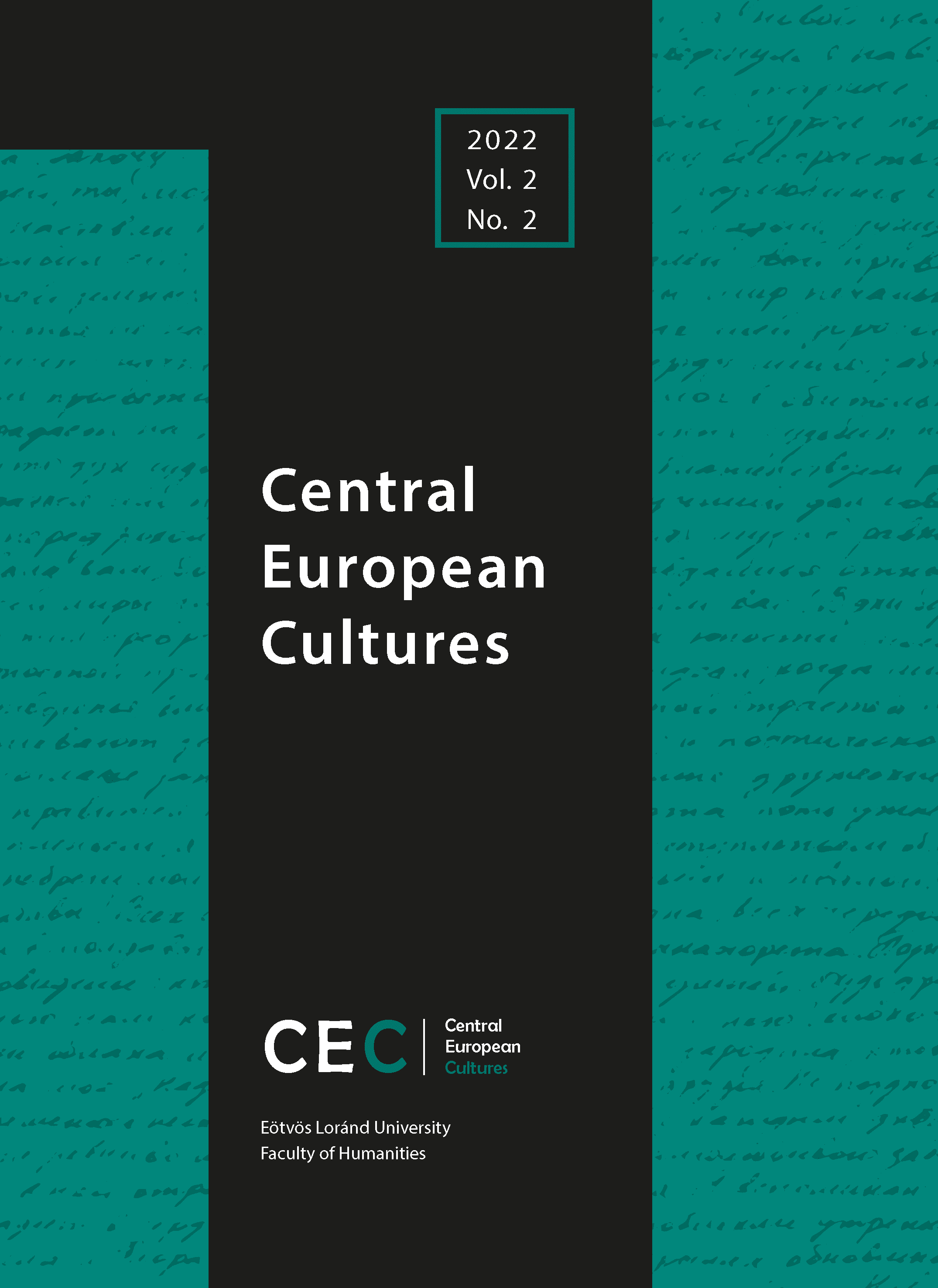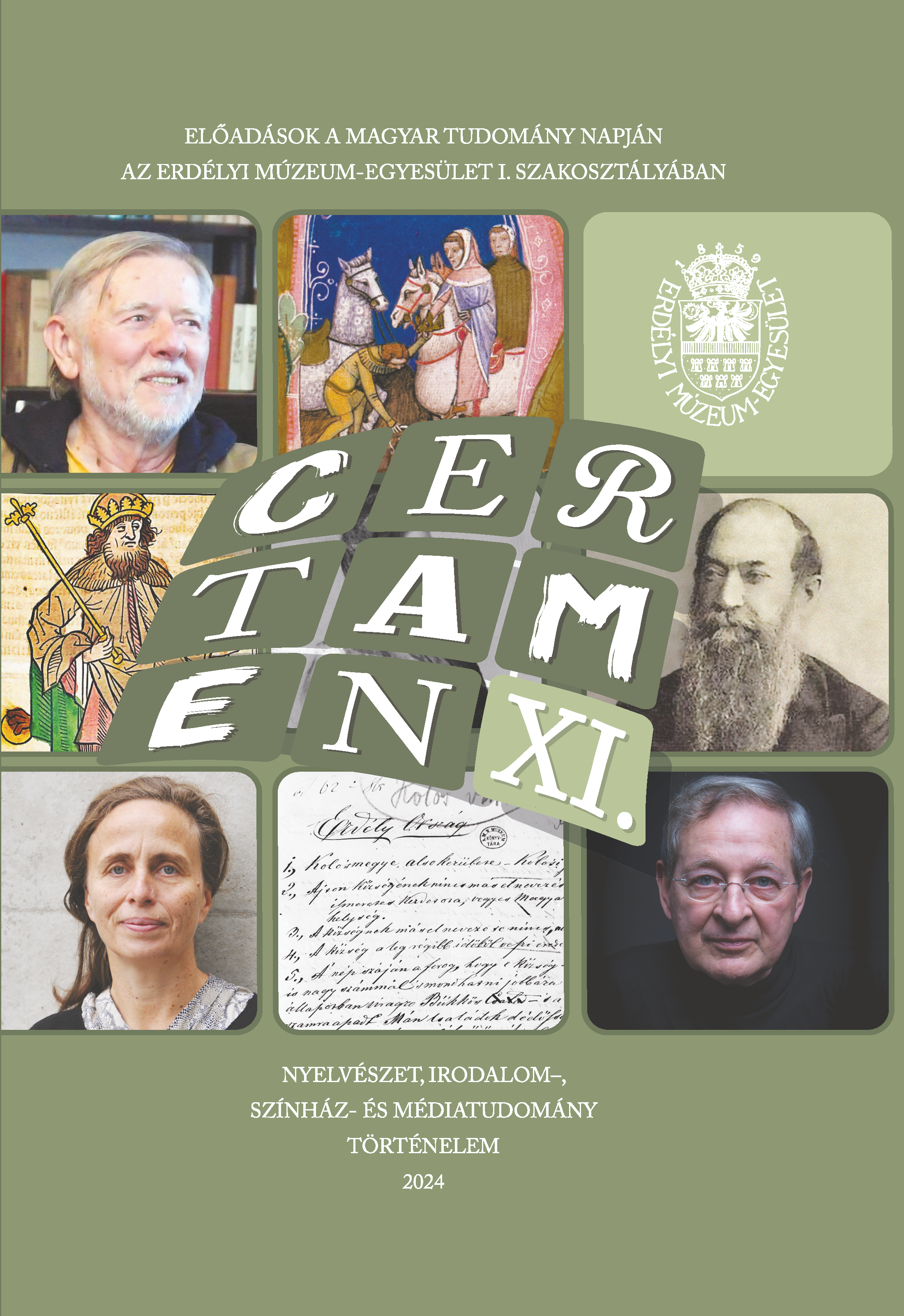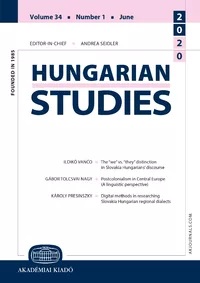
Der Tod und der Blick. Der Andere bei Petőfi und Sartre
The Hungarian poet Sándor Petőfi was neither the nature boy oriented only to folk song nor the proto-socialist revolutionary as the German reception in the 19th and 20th centuries saw him. The short poems of the “Clouds” cycle published in 1846, for example, are aphoristically pointed pessimistic meditations. In the piece presented (Itt állok a rónaközépen…, Here I stand in the middle of the plain…), the speaker recognises the deep gulf between himself and “the other”. Both a death symbolism can be attributed to “the other” and Sartre's phenomenology of the gaze can be applied to his perception, revealing a complexity of Petőfi's poetry that suggests its reassessment.
More...
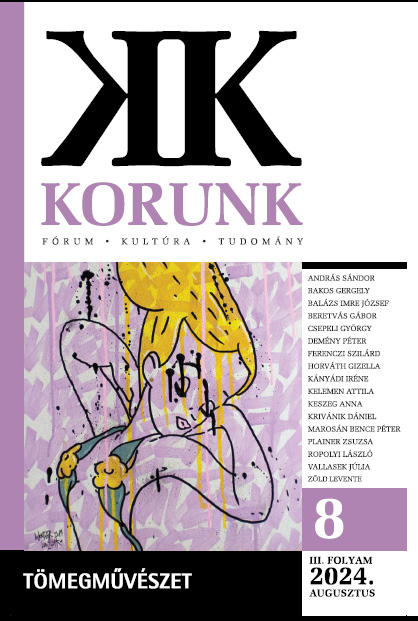

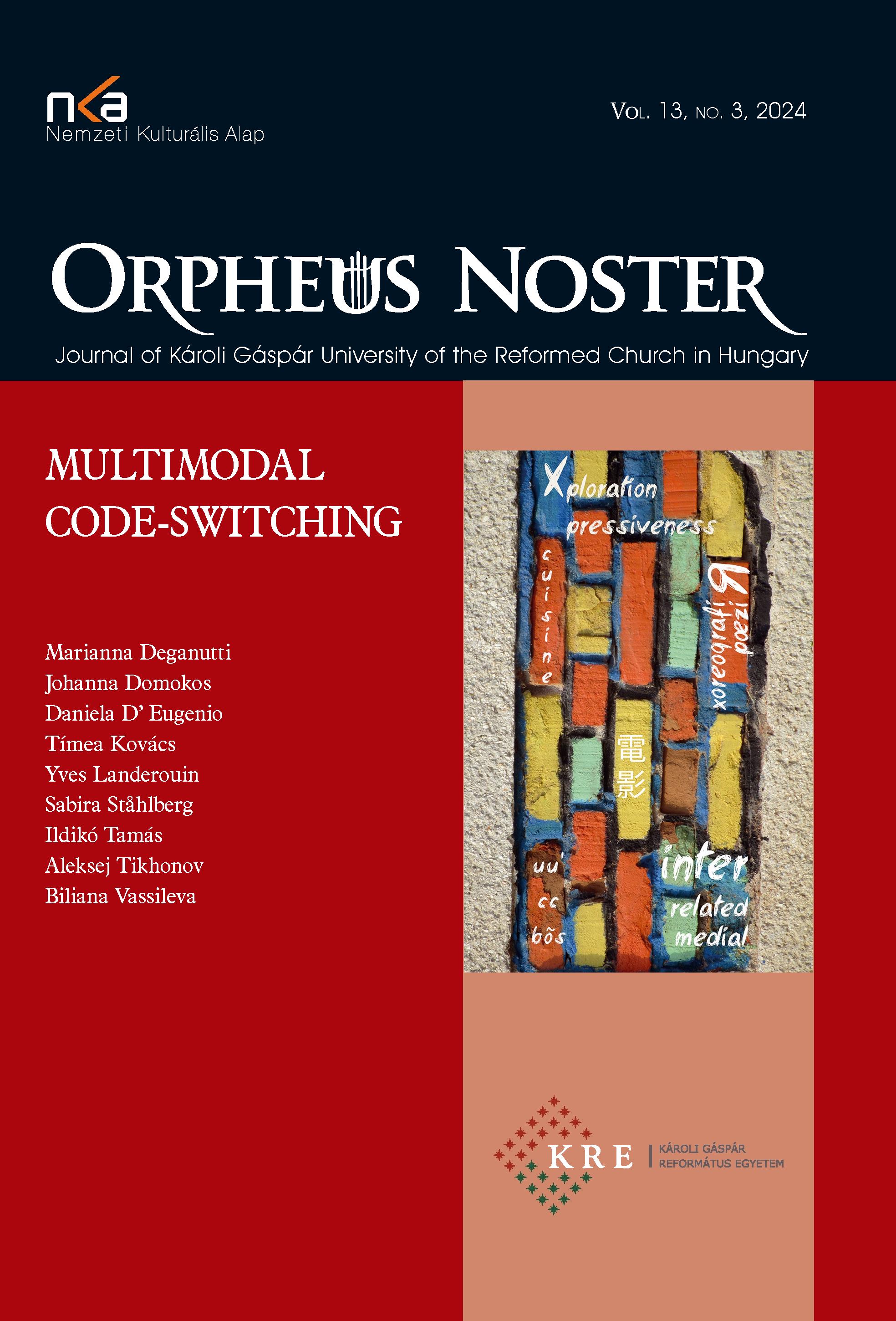
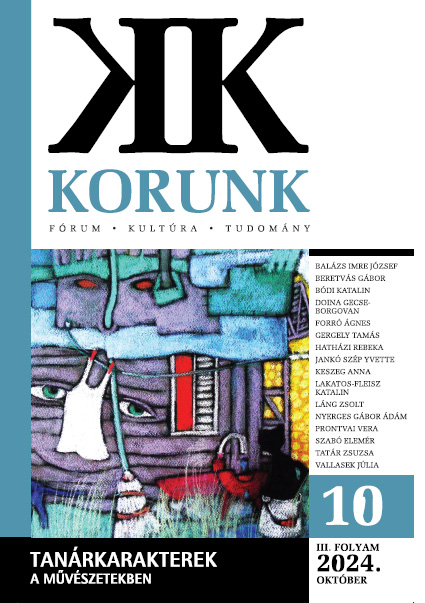
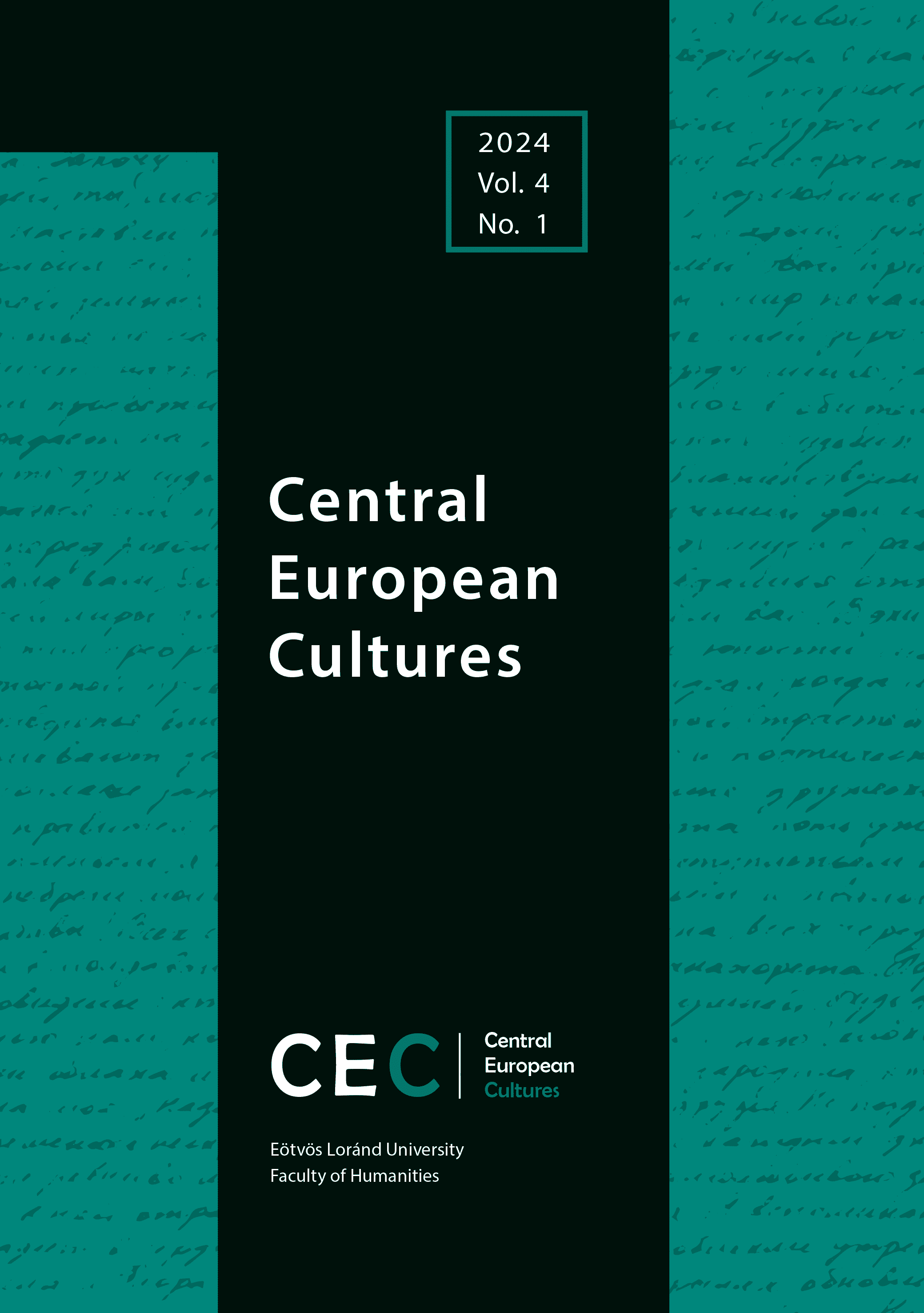

![The Possibilities of Plant Vocalization: Attila József’s “Trees” [Fák] and Lőrinc Szabó’s “In the Black Forest” [A Fekete Erdőben]](/api/image/getissuecoverimage?id=picture_2023_84745.jpg)
